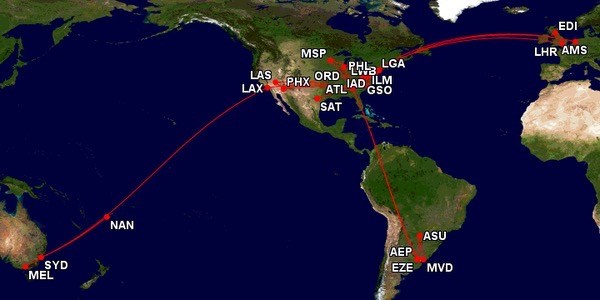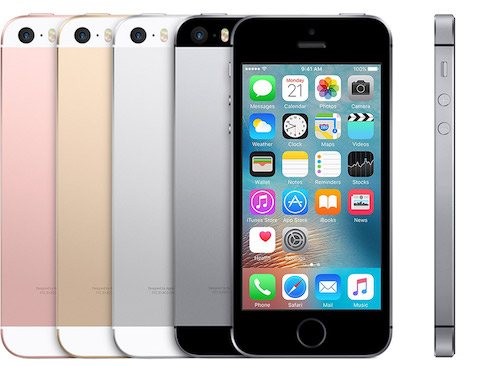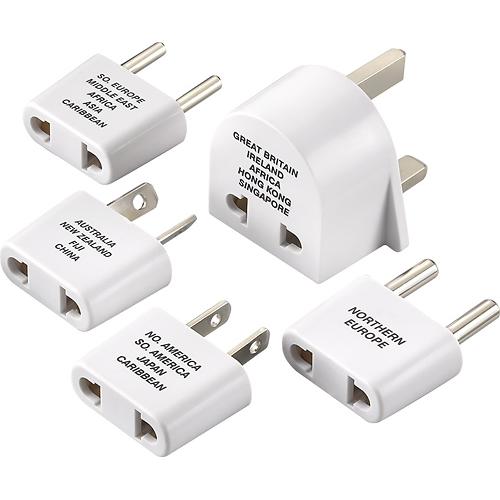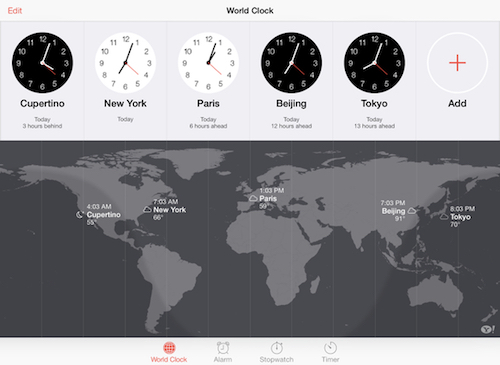I love when someone plans a trip and asks for my input. I’m certainly no travel agent, but I do have opinions to share and am happy to provide them (for what they’re worth)!

I’ve flown about 200,000 miles every year for the past several. Meaning I’ve run into my fair share of travel “hassles.”
Recently, a great friend of mine (and frequent reader of this blog) told me about a trip he’s planning to Europe with his wife. He was asking questions about what to expect. Finally, he asked,
What’s the hassle I haven’t thought about?
What a great question! Sure, travel is broadening, but it can also be challenging. After 46 countries, I’ve run across my fair share of “hassles” and have found some ways to mitigate them. Here you go…
They boil down to three areas: Comfort, Communication, and Currency.
COMFORT
Power.
I’m from the US where most outlets are capped at 110 volts. In many other countries, they might spit out twice that or more. I don’t know what that means, but I do know it can do damage to a lot of devices; however, the power brick for an Apple laptop (and maybe others, too?) can deal with downgrading that. So, in order to save weight, I use my laptop as the converter, plugging my other devices into it to get a charge. I don’t take one of those bulky transformers. You’ll still need an adapter for the shape of the plug (or you can ask at your hotel’s front desk). Since my friend is traveling with his wife, I did a little research on traveling internationally with a hairdryer: Here’s a good article.
Bathrooms.
A couple of years ago, I was told to drink half my body weight in ounces of water each day. I’ve been doing it ever since and have felt better ever since. But, when I’m out of my ordinary routine and am not sure where to turn to find a bathroom, it’s a bit (ahem) daunting to stay on track. Less water also exacerbates the effects of jetlag and is, most definitely, a hassle. So, stay hydrated and informed with the Toilet Finder app in the app store.
COMMUNICATION
Phones.

The struggle is real! Back home, I’m used to having ready access to a virtually unlimited stream of data in my pocket. Unfortunately, international travel means that goes out the window. You can certainly look for WiFi and take advantage of hotspots (just make sure you turn off apps so they’re not sucking data in the meantime, another option is to leave your phone in airplane mode). Yet one more alternative is to notify your cell phone carrier in advance and buy a temporary international plan. Depending on your carrier, this may be a great option. Still another possibility is buying a local SIM card. As for me, I have a plan with Verizon that costs $10/day when I’m out of the country and gives me unlimited data, text, and phone calls.
Time Differences.
The stress of jumping time zones isn’t just about the jetlag. It’s also about when to call home. Go ahead and use your phone’s world clock to plug in pertinent time zones so you know when NOT to call.
CURRENCY
Canceled Credit Cards.

Best travel credit card. Ever! (Ask me why)
This has only happened to me once. In Iceland. And it was awful. I’ve heard many horror stories about this occurring at the most inopportune times. For many credit cards today (like AmEx and my cherished Chase Sapphire Reserve Card), you don’t have to notify them of your travel — their technology is so advanced they just know where you are (kind of freaky, really). Regardless, it never hurts to notify your bank of your impending travel.
No Dinero.

I usually get currency in country. It’s rarely hard to find an ATM and?ATM fees are usually cheaper than buying money at an airport kiosk. However, depending on where you’re heading, that might not be worth the savings. During a recent trip to Bolivia, I discovered the irregularity with which Bolivian ATMs are filled. It happens on Mondays and they might come back in about three weeks. I was without cash in a country that operates almost exclusively on cash. It was difficult. Moral of the story? If you’re going to a third world country, you might want to be a bit more prepared.
That Costs How Much?!
Speaking of money, it’s probably worth investing in a Currency Conversion app. I use one called GlobeConvert because it works offline and is useful for conversions beyond money to include length, weight, temperature, etc. (there’s a free one, but the paid version is faster, better, and ad-free).
CONCLUSION
So, by following these tips to make the comfort, communication, and currency aspects of travel a bit easier, I’ve reduced the “hassle” of international travel. What about you? What other tricks have you employed?




